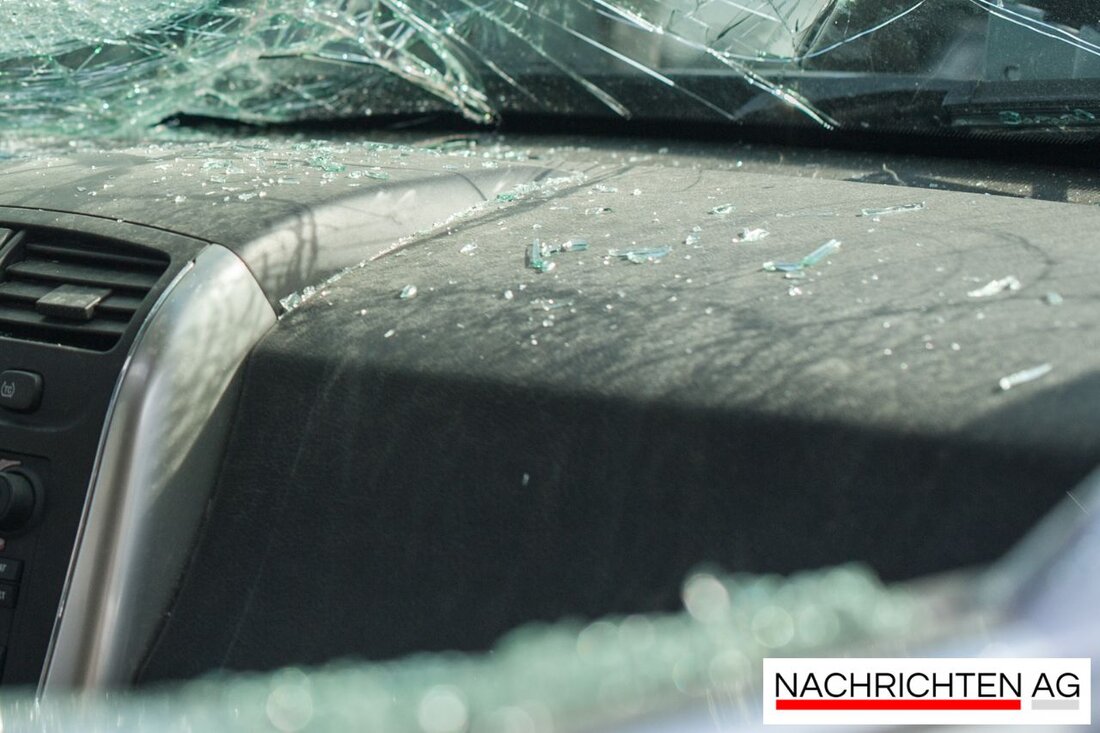Animal carcass in the Saale-Orla district: health risk through illegal disposal!
Animal carcass in the Saale-Orla district: health risk through illegal disposal!
In the Saale-Orla district in Thuringia, a worrying development causes excitement among the citizens: inside. In the past few weeks, illegally disposed of animal carcasses have been discovered - including a dead camera and a died house chicken. This unwelcome practice is not only an administrative offense, but also harbors considerable dangers for public health and the environment. The district office has already urgently warned and emphasized that the illegal disposal of animal bodies is to be punished under the animal body disposal law of 2001. According to the authorities, such actions can spread pathogens and contaminate both floors and water. Thuringia24 emphasizes the risk of poultry plague, which could spread uncontrollably by infected animals. The risk of African swine fever is also addressed, which makes this case particularly alarming.
How do you correct in the case of animal carcass covering? Dead animals, regardless of whether house, home, zoo, circus or wild animals, must be reported properly and eliminated. According to the guidelines of Bürger Thuringia, the harmless elimination is crucial for combating animal diseases and public health care. In Thuringia, the responsible company Secanim GmbH is commissioned for proper disposal. In the event of an accident with animals, the police should also be informed, while a report to the veterinary and food surveillance office (VLÜA) is necessary for wild boars to initiate an investigation into the ASP virus.
The dangers from illegal disposal
The unawished elimination of animal carcasses is not only unethical, but can also have fatal consequences for the health of humans and animals. The African swine plague (ASP) is a highly infectious disease, which mainly affects house and wild boars and almost always ends fatally. The virus has spread in Europe since 2014, and the first outbreaks in Germany were found in wild boar in 2020. BMEL explains that the virus can be transmitted via direct contact or contaminated objects. Insects can also play a role, although this is less likely in local widths.
Special attention should be paid to hygiene. Farmers are encouraged to comply with strict organic security measures and to avoid contact between game and domestic pigs. It is important for the population to know that the hunt for wild boars should be increasingly being used to regulate the wild boar population and thus minimize the risk of an ASP extension.
Anyone who is caught in the illegal disposal of animal carcasses must expect a fine. The authorities are asked to take measures and to sensitize the population so that the health of humans and animals and nature can be protected sustainably. Clean and responsible disposal is not only regulated by law, but also in our interest.
| Details | |
|---|---|
| Ort | Saale-Orla-Kreis, Thüringen, Deutschland |
| Quellen | |


Kommentare (0)